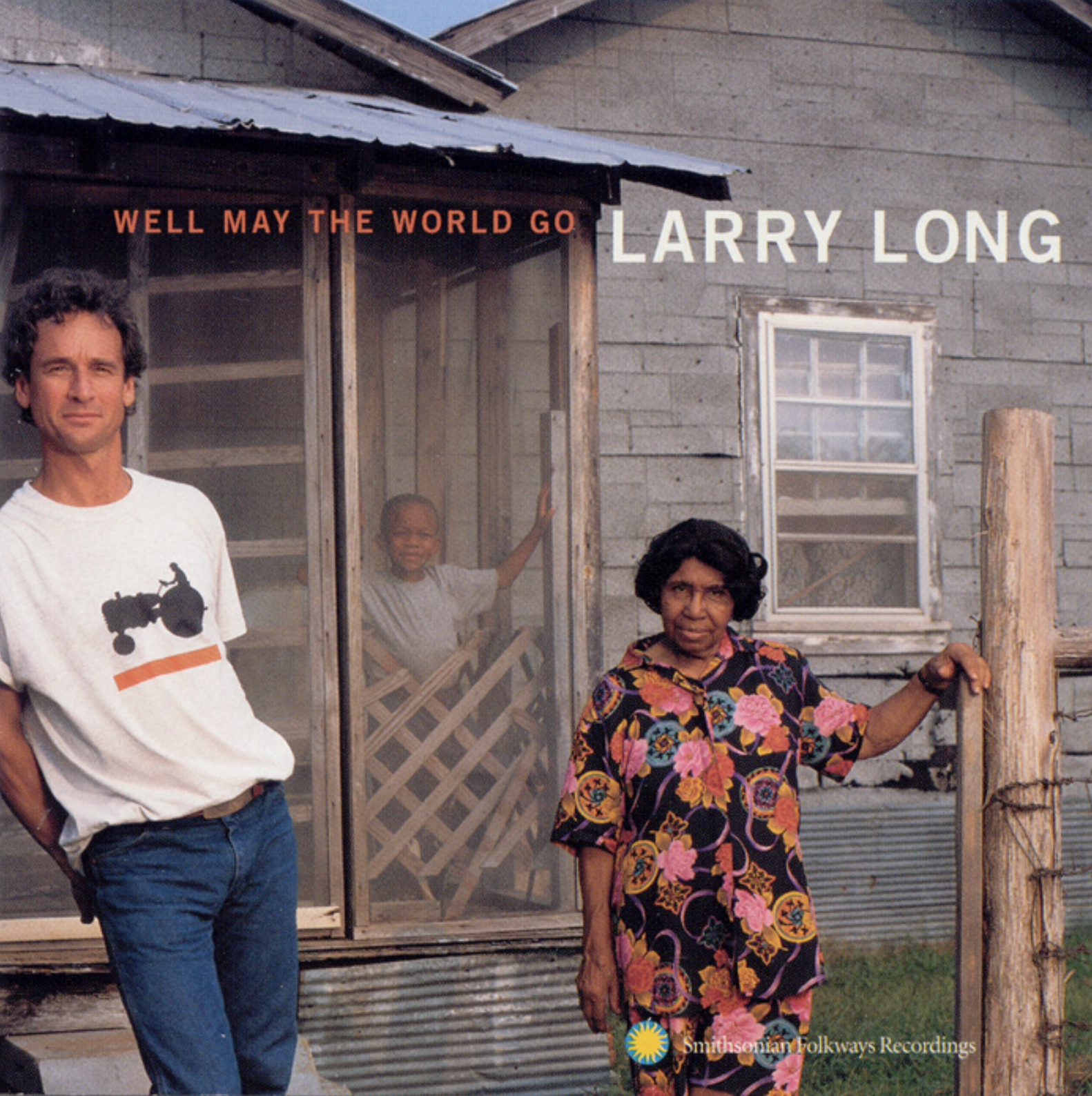“Pine Bend Pulp Mill” captures the labor of millworkers in northern Minnesota, painting vivid scenes of the sweat, danger, and camaraderie found in the mill. The track brings to life the pride of craft and the toll of the job, without ever veering into sentimentality. Like Woody Guthrie’s “Hard Travelin’” or “1913 Massacre,” it tells the story of workers with unflinching honesty and empathy.
What sets Long apart is his ability to transform oral history into song without losing the personality and spirit of his subjects. His songs are not just about people—they are the people. He doesn’t flatten their experiences into clichés or overwrite them with his own ideas. Instead, he amplifies their voices, acting as a bridge between their stories and a wider audience.
“Yah Sure, You Betcha” provides a touch of humor and local color, spotlighting the voices of Scandinavian immigrants in the Midwest. The track has a lightheartedness that brings balance to the album’s heavier themes while still holding space for identity, migration, and adaptation.
The production on Well May the World Go is warm and intimate. Acoustic guitar, fiddle, banjo, and upright bass form a familiar folk palette, allowing the lyrics to take center stage. This sparse instrumentation is deliberate—it reflects the rawness and truth of the stories being told.
Smithsonian Folkways has long been a steward of American roots music, and this release continues that legacy with grace. Well May the World Go is not just an album—it is an archival document, a musical storytelling project that ensures the voices of everyday heroes are not forgotten.
Like Woody Guthrie’s songs of dust bowl refugees or Pete Seeger’s civil rights anthems, Larry Long’s work here is a reminder that folk music is more than entertainment—it is a vessel for truth, justice, and memory. These songs matter because the people in them matter.
In a time when digital overload and political noise can drown out the human voice, Well May the World Go offers a necessary pause—a chance to listen, to remember, and to feel. It is an album that belongs in classrooms, in community centers, and around family tables. It is, above all, an album that honors courage, one voice at a time.

